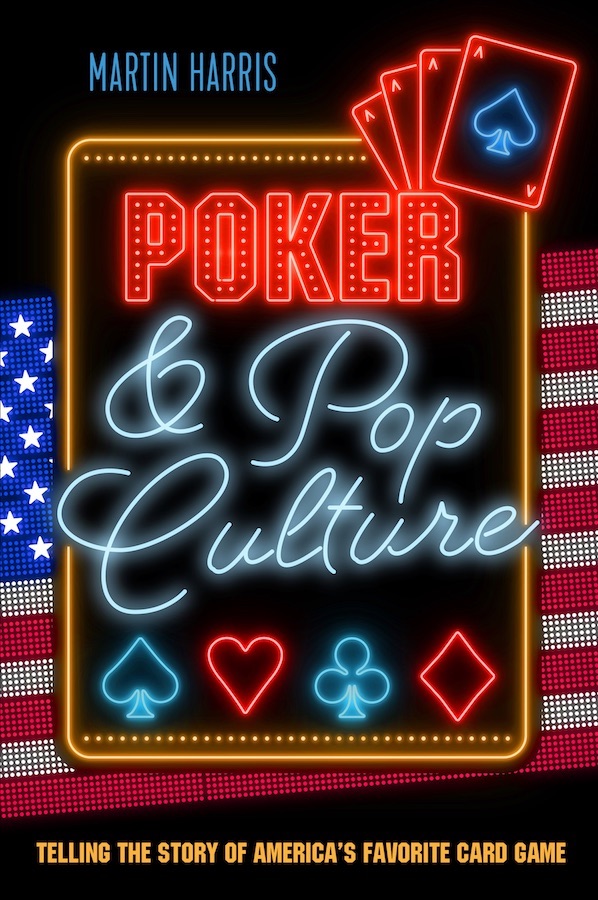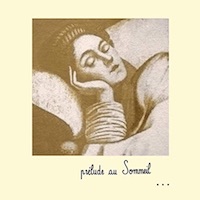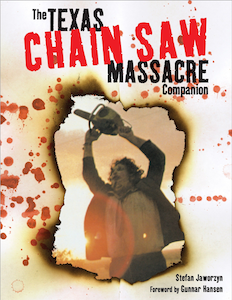The Impression of Darkness
 Still tinkering here with backgrounds. Bear with me. Haven’t quite reached identity-crisis level fretting about it, but getting there.
Still tinkering here with backgrounds. Bear with me. Haven’t quite reached identity-crisis level fretting about it, but getting there.Longtime readers know that I stubbornly stuck with the light-text-on-dark-background for a long time, even though I knew there were a few who found it hard on the peepers. In fact, I remember a reader telling me once how the black actually made him “annoyed,” that “impression of darkness” kind of jarring with what he considered to be generally positive content.
The scheme fit with the whole noir theme, sure. But we’ve got to keep the mood at least somewhat light around here, right? I mean it is a card game we’re mostly talking about. And while I’m a cynical guy, I’m also not one to indulge too much in boundless brooding.
Speaking of staying upbeat about things, I think some took yesterday’s post as being more pessimistic-sounding than was intended. Not necessarily the impression I meant to give, but I guess it is hard at the moment even to bring up online poker in the U.S. without a touch of gloom getting in the way.
Obviously I don’t think Americans are simply going to stop playing poker anytime soon. But I think it is reasonable to assume that the lack of online options -- especially if we go a lengthy period without ’em -- will slow down the game’s growth somewhat. And from there I think it is safe to think about poker getting pushed back over to the cultural periphery, relatively speaking.
I think of a game like chess and its history in America. I’m obviously a lot more familiar with the history of poker in the U.S. than with chess, but I’m aware of the general outline of chess’s story.
Unlike poker -- a game some elements of which originated elsewhere but is essentially of American origin -- modern chess came to the U.S. via Europe long ago as a game with already established rules as well as a historical legacy. Then in the early 1970s came a “boom” of sorts for chess in the U.S., the catalyst for which being the rise of Bobby Fischer to become the top rated player in the world in 1971.
A year later came the famous Bobby Fischer-Boris Spassky World Championship match, viewed by many as a symbolic battle in the Cold War. Suddenly chess was everywhere, culturally speaking, with Fischer quickly becoming a national icon. Fischer appeared on the cover of Life magazine and other publications, was casually referred to on episodes of “The Mary Tyler Moore” and other shows, and eventually came the appearance of movies, musicals, and other cultural productions centering upon chess and/or Fischer’s story.
And more began playing the game, too. The U.S. Chess Federation boasted about 5,000 members in 1972; a year later 100,000 had joined. Chess remains popular today in America, although it is safe to say the game no longer enjoys the prominence in this country it had forty years ago. (Currently the USCF’s membership is about 80,000.)
Like chess, poker experienced a relatively sudden surge in popularity less than a decade ago. While Chris Moneymaker’s WSOP Main Event victory in 2003 is often cited as the primary catalyst, it was the ready availability of the online game that more than anything ignited the “boom.” Online poker was of course a crucial element of Moneymaker’s story with his having won his ME seat via a $39 satellite on PokerStars. And poker’s emergence on television also was considerably helped along by online poker’s advertising dollars.
Eight years later, we are a nation full of poker players, though many of us live in states without legal poker rooms. And the online options continue to decrease.
While many are wondering about how that Alderney Gambling Control Commission hearing in London regarding Full Tilt Poker is going to turn out, earlier today we learned that one of the very few remaining U.S.-facing sites, Bodog, will be withdrawing its brand from the U.S. market by year’s end. (It appears the group licensing Bodog is prepared to continue operating in the U.S. under a different name [?], but the Bodog brand’s days are now numbered as far as America is concerned.)
Many poker players perhaps don’t care about Bodog so much anymore, the games there having mostly dried up even before Black Friday. But the withdrawing of the once-popular Bodog brand from the U.S. is nonetheless significant, another apparent step toward the (hopefully temporary) shutting off of online poker for Americans. That’s the impression, anyway.
Chess may not enjoy the cultural spotlight today that it did before, but the game remains readily available and has potential for growth anew. However, unlike chess, poker is a gambling game, and thus will always raise various legal and/or moral issues every time it surfaces amid the cultural mainstream.
All of which is to say, it isn’t necessarily pessimistic to say poker’s place in the culture has been negatively affected by what has happened to online poker in this country over recent months. It’s realistic.
Let me make clear that we aren’t talking “lights out” for good as far as poker -- or even online poker -- goes in the U.S. Borrowing my reader’s phrase from before, we might call it an “impression of darkness.” (Such was the inspiration for referring to April 15 as “Black Friday,” yes?)
I think, though, that after a while, our eyes will grow accustomed to it. And then perhaps we’ll be able to see what next to do.
Labels: *the rumble, Black Friday, Bodog, chess, Full Tilt Poker, online poker













2 Comments:
you got a nice picture is it okay i can copy and use it. I am thinking about writing a book or just use it as part of a study guide.
Hey, Servant. I'm afraid I don't own the rights to the picture -- this is a detail from a larger photo, but I'm not sure who owns it. You might skim through Wikimedia Commons for similar pictures that you might be able to use.
Post a Comment
<< Home